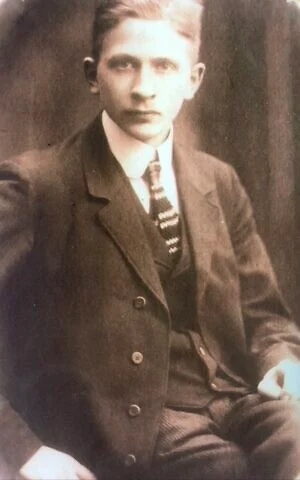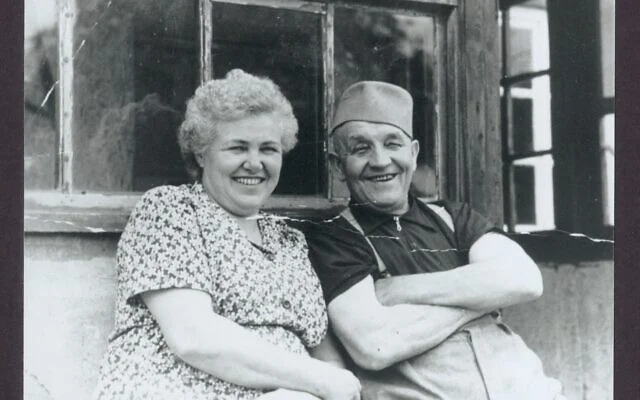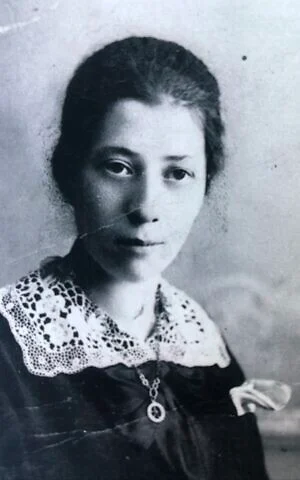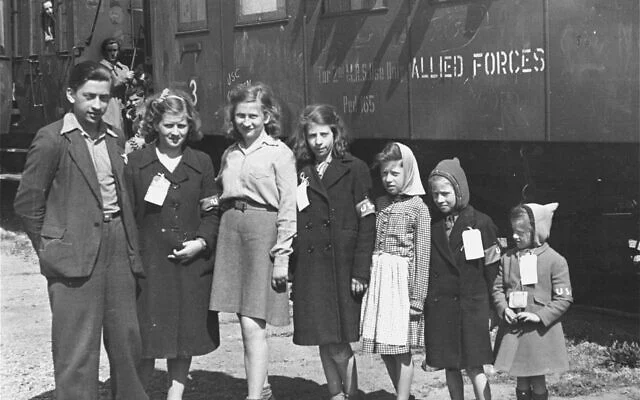Beth Lane’s Netflix documentary, Unbroken, tells what is perhaps a unique story of survival during the Holocaust. By a stroke of good fortune, all seven siblings in a Jewish family in Nazi Germany managed to surmount adversity.
At a time when being Jewish or even half-Jewish was tantamount to a virtual death sentence in Adolf Hitler’s Germany, the Webers — six sisters and one brother — stayed together and successfully challenged the daunting status quo.
The seven Webers — Alfons, Senta, Judith, Renee, Gertrude, Bella and Ruth — were the children of Alexander Weber, a German Catholic convert to Judaism, and Lina Banda, his Jewish wife whom he met during a business trip to Hungary.

The pair fell in love, but Banda’s father would not permit them to marry unless Alexander converted. Having wed in a Jewish ceremony, the couple settled down in Berlin, Alexander’s hometown.
Unlike many German Jews during the Nazi interregnum, the Webers did not consider emigration. There was a price to pay for their decision. Shortly after Hitler’s accession to power in 1933, Alexander was arrested and sent to a concentration camp from which he was eventually released.
The film unfolds in broad strokes, with few granular details, and through occasional animated clips. The animation is crisp, underscoring the challenges the Webers faced in a debased society that considered Jews less than human beings and targeted them for destruction.
Alexander, a resourceful fellow, saved his children by convincing Arthur Schmidt, a farmer he knew, to shelter them. Schmidt, whose farm was a relatively short drive from Berlin, allowed the Weber children stay on his property as laborers for two years, thereby protecting them from deportation.

Their mother was not as fortunate. She was dispatched to the Auschwitz-Birkenau extermination camp in Poland, where she perished.

To further shield his children from persecution and death, Alexander had them baptized as Christians. This may have been a superfluous act of desperation, since the Nazis judged a person’s status solely on biological criteria.
After leaving the farm and going back to Berlin, the Weber children returned to their home. Yet there was no safety to be found in the city. A Russian plane bombed their building, temporarily trapping them in the basement.
With the fall of Hitler’s fascist regime, Alexander decided that his children would be best off in the United States. He declared them orphans in the hope that they would be pushed to the front of the visa line.
His calculation worked.

The American Jewish Joint Distribution Committee, a charitable organization that helped Jews in distress, facilitated their departure by sending them to a displaced persons camp in southern Germany and then to a convent.
They arrived in New York City in May 1946 on the first ship that carried Holocaust survivors to the United States. They were then assigned to foster parents in Chicago, the first time they had been separated.
Alexander and his new wife joined them a decade later.
In 1996, on the 50th anniversary of their arrival in America, the Webers got together for a grand reunion. There were now 72 people in the family, a tangible sign that they had thrived in their second homeland.
Unbroken documents this inspirational tale of survival and renewal with commitment and passion.
